Identifying the worst companies to work for can help job seekers make informed career decisions and encourage businesses to improve their workplace policies.
Many companies promote themselves as great places to work, boasting about their positive culture, career growth opportunities, and employee benefits.
However, for many workers, the reality is far from what is advertised. Employees at some of the biggest companies in the U.S. report dissatisfaction due to poor management, toxic work environments, lack of work-life balance, and inadequate compensation.
A company’s relationship with its employees plays a crucial role in its overall success. When workers feel undervalued, overworked, or mistreated, it can lead to high turnover rates, low productivity, and damage to the company’s reputation.
In some cases, struggling companies may find it even harder to recover if they fail to prioritize employee well-being. In other cases, their poor treatment of employees may be a key factor behind their struggles in the first place.
In this article, we examine the top 10 worst companies to work for in the U.S., based on employee reviews, complaints, and overall job satisfaction. If you’re looking for a new job, these are the companies you may want to avoid.
Read also – Top 10 SAP Friendly Trucking Companies in the USA
Top 10 Worst Companies to Work for in the US | 2025 Updated List
1. Williams-Sonoma

- Glassdoor rating: 2.9
- Industry: Home furniture and housewares
Williams-Sonoma, which also owns the Pottery Barn and West Elm brands, is best known for unnecessary luxury kitchen accessories like marble salt and pepper shakers and brass hammered mugs.
Low pay is a common grievance; according to Glassdoor, sales associates make an average of $11 per hour, so a generous 40% discount is the only way workers can afford some of the products they sell.
General managers fare much better, earning about $73,000 annually. Half of the workforce supports the company’s CEO, Laura Alber, but only 38% have a positive business outlook.
One former employee claims that the “limited growth opportunities” don’t make up for the challenging working conditions, and that employees frequently burn out and quit.
2. Sedgwick Claims Management Services

- Glassdoor rating: 2.9
- Industry: Insurance agencies and brokerages
Many workers at Sedgwick, which bills itself as a “leading global provider” of insurance claims processing, are annoyed by the excessive workload and long hours.
Mike Arbour, the CEO of the company, is favored by about 60% of the workforce. Some claim that Sedgwick makes life too difficult to enjoy the good pay and benefits, while others suggest working there because of them.
One worker says, “You get a good amount of paid time off, but the workload makes it difficult actually to get to use the paid time off.” Senior management and work-life balance received the harshest criticism.
3. Signet Jewelers

- Glassdoor rating: 2.9
- Industry: Retail
The largest retailer of diamond jewelry in the world, Signet Jewelers, owns well-known brands such as Peoples, Zales, Ernest Jones, and Kay Jewelers.
Employees claim that the steep discount on glitzy trinkets only goes so far when wages and commission don’t cover the costs.
According to Glassdoor, a sales associate typically earns $12 to $13 per hour, even with commission, while a store manager can earn up to $64,000 annually.
Another common complaint is workload; one reviewer, identifying as a general manager, claims that Signet is “no place to build a career if you want… a life outside of work.”
Despite this, the company received few complaints regarding inclusion and diversity; Signet was listed in the 2020 Bloomberg Gender Equality Index for the second consecutive year.
Read also – 10 Companies that Pay Off Title Loans in 2025
4. Rent-a-Center
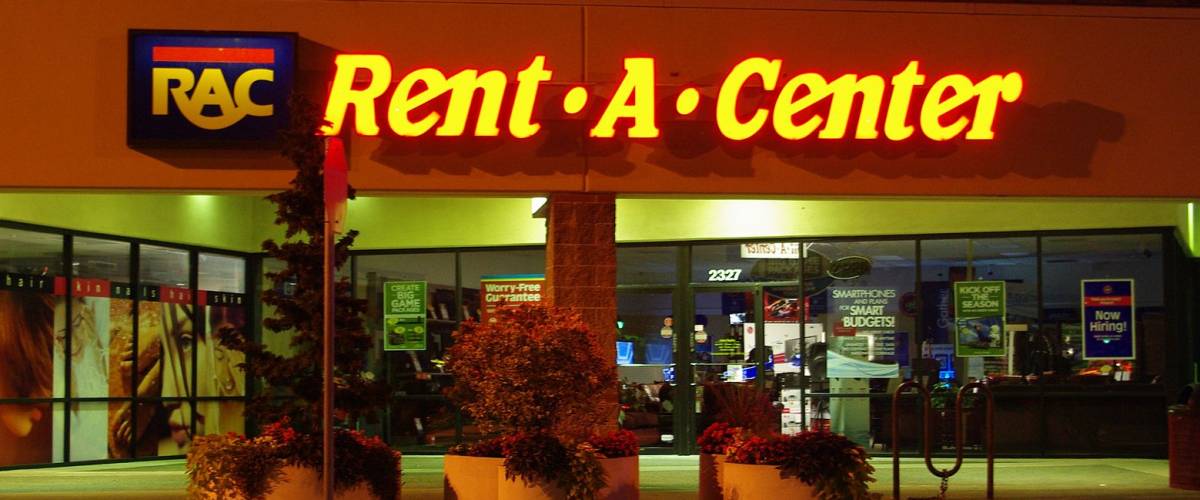
- Glassdoor rating: 2.9
- Industry: Consumer product rental
Not only is this rent-to-own furniture and electronics company unpopular with its employees, but it has also been sued by customers, shareholders, and even the states of California and Washington for various allegations, including harassing debtors and damaging their credit scores.
Rent-A-Center has settled several of these lawsuits, claiming it has acted legally and ethically, while also agreeing to improve its business practices.
Employees have a variety of concerns; only 36% have a positive business outlook for Rent-a-Center, and many complain about long hours and strenuous lifting.
Nevertheless, more than half of employees approve of CEO Mitch Fadel, and some report that the pay is decent, accompanied by good benefits. The company offers a 401(k) plan with a 50% employer match and a complimentary Employee Assistance Program.
5. Steak ’n Shake
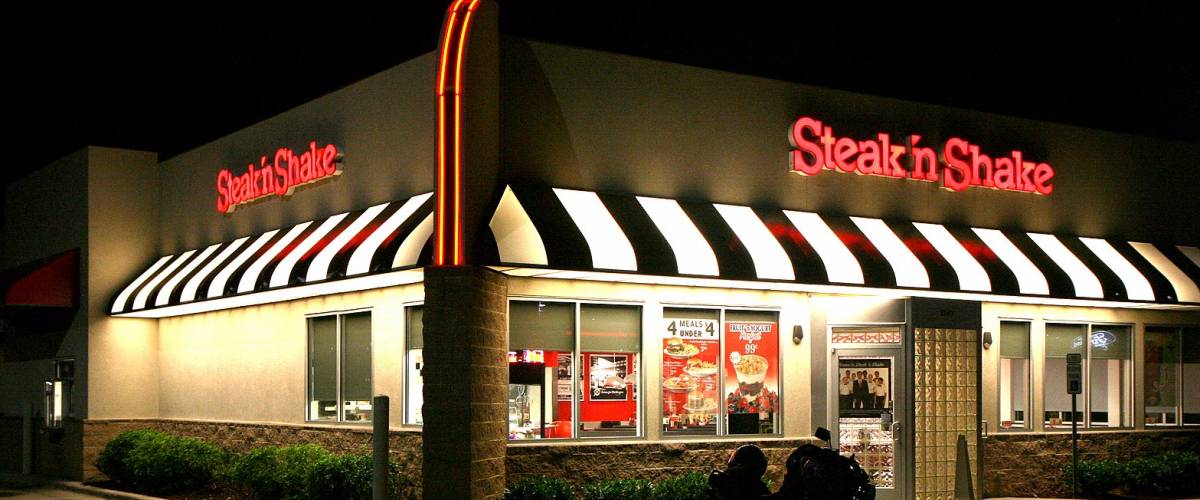
- Glassdoor rating: 2.9
- Industry: Casual restaurants
Despite being in operation for more than 80 years, staff said they could only suggest a few months of work as a starting position at this fast-food meets casual dining restaurant.
Numerous establishments are open around the clock, and the constant stream of patrons can be draining. Employees also complain about irregular scheduling and sudden shift changes. Discounts on food and phones, however, can be advantageous.
Servers at Steak ‘n Shake do take gratuities because they also serve sit-down meals. However, according to Glassdoor, the average waiter receives only $4 per hour in base pay and is expected to tip that amount.
Sales at Steak ‘n Shake have been dropping for a few years, and the company has closed dozens of locations during the pandemic.
6. Gannett
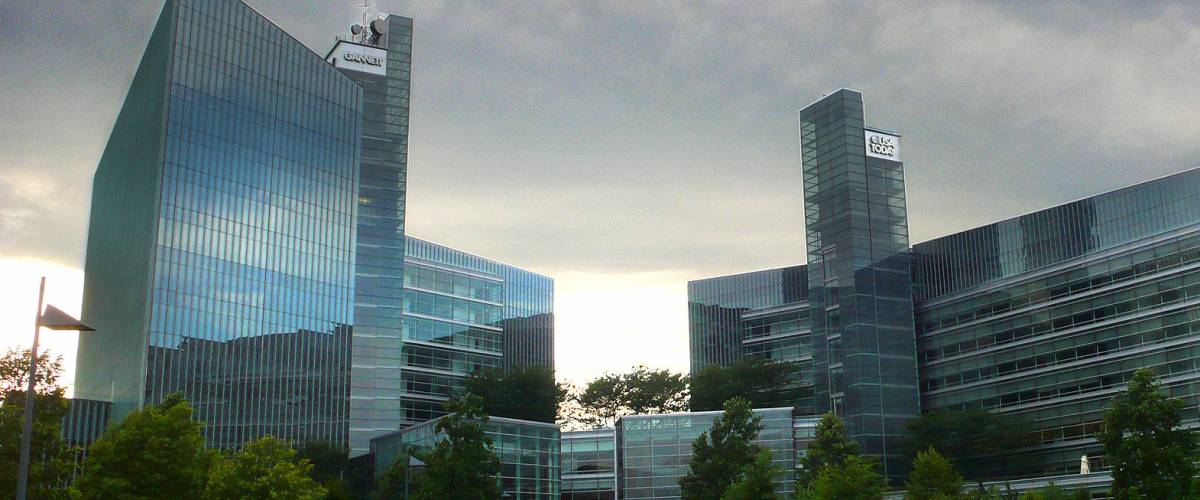
- Glassdoor rating: 2.9
- Industry: Publishing
Gannett, the owner of well-known magazines such as USA Today, claims to be the largest local newspaper firm in the United States. Employees, however, are not eager to work for a business that they perceive to be in decline.
Just 26% of employees have a good business perspective, and only 38% would be likely to recommend the company to a friend.
After merging with a competing media business in late 2019, Gannett claimed a 25% rise in digital subscriptions, while its revenue actually decreased by nearly 10%.
However, Gannett contends that there has never been a better moment to work for the company, and that staff members have the chance to “quickly level up” in their careers and learn from other professionals.
Read also – 11 Best Insurance Companies to Work for Remotely in 2025
7. Intertek
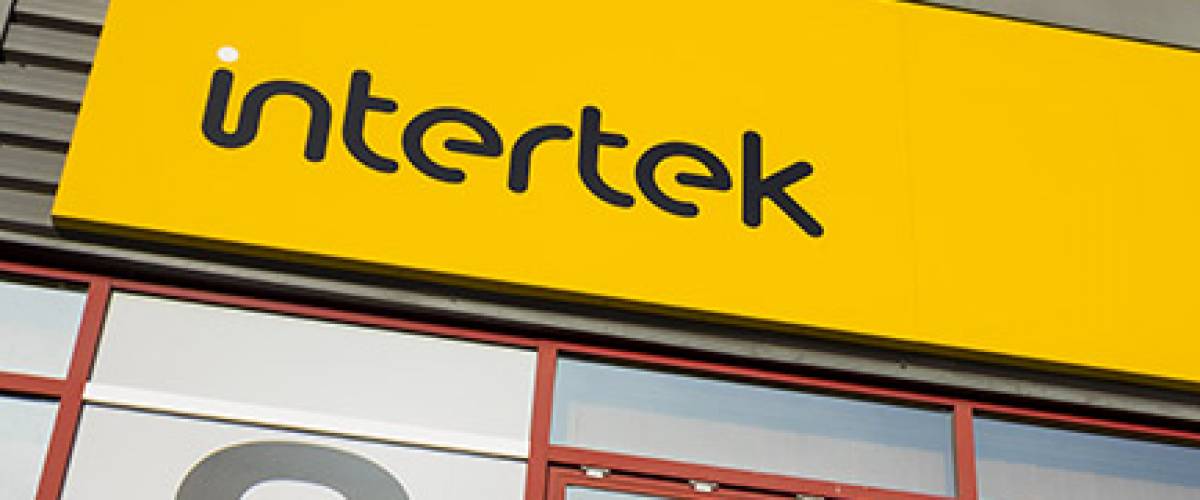
- Glassdoor rating: 2.9
- Industry: Research and development
Although employees feel there are better opportunities elsewhere, this British product testing and certification organization has facilities worldwide, including in the United States and Canada.
Compared to 78% of UL employees, just 36% of Intertek employees would suggest the company to a friend. This is particularly true when it comes to senior management and company culture.
According to its website, Intertek provides a compensation and benefits package that is “competitively placed within the local market,” which includes tuition reimbursement and a 401(k) with employer match.
8. GameStop
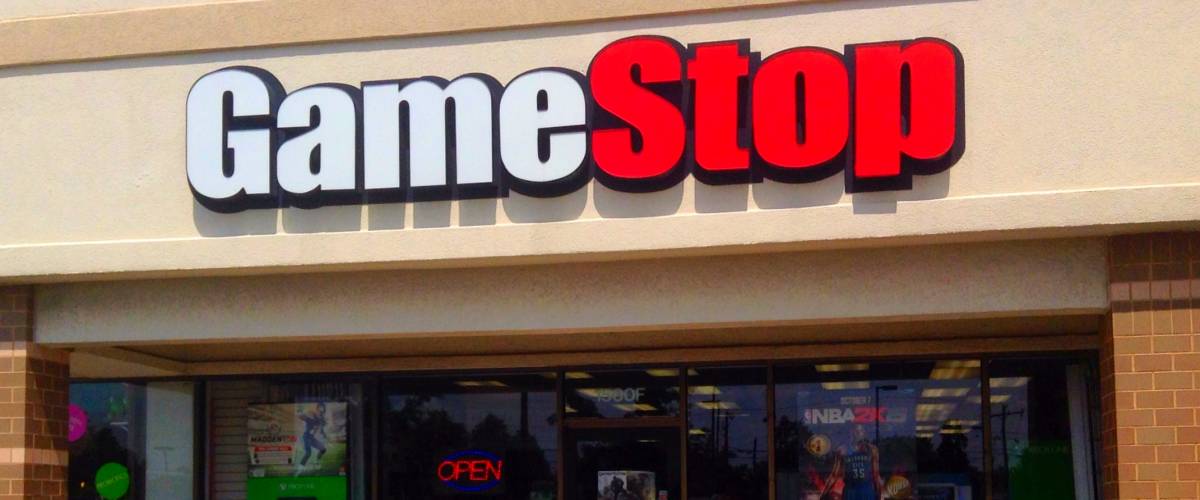
- Glassdoor rating: 2.9
- Industry: Game and hobby stores
Even a free video game now and then isn’t enough to make employees happy at this electronics retailer; only 17% of workers have a positive business outlook due to declining sales of physical video games, and only 35%.
GameStop recently announced that it would close 400 to 450 stores worldwide by the end of 2020, with more closures anticipated in 2021.
The company raised eyebrows in March when it briefly attempted to remain open during the pandemic as an “essential” service, it sells mice and keyboards, and instructed employees to give a memo to authorities trying to close them down.
Many former employees also complain about the low pay and few hours.
9. Suncor Energy U.S.A.
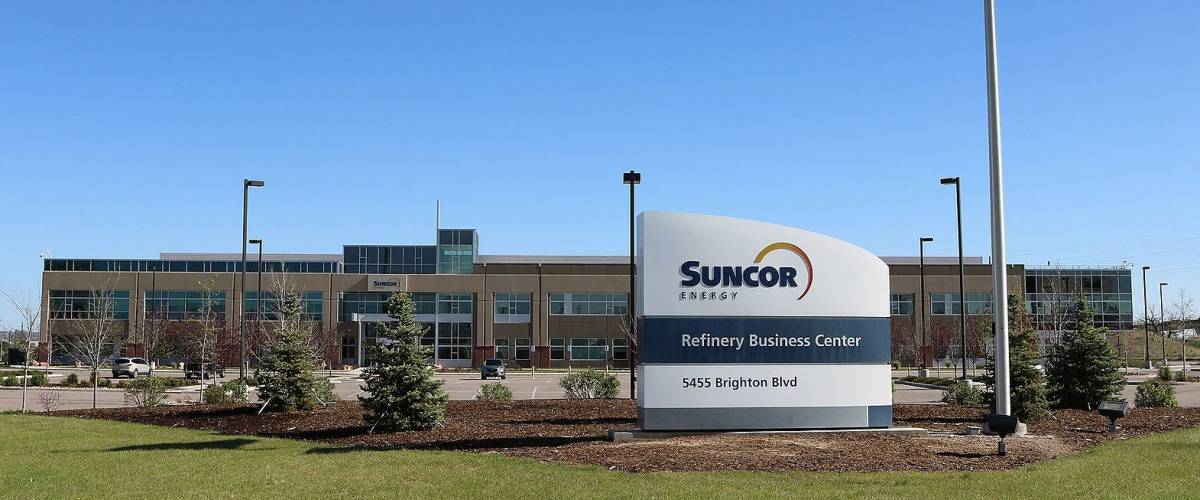
- Glassdoor rating: 2.9
- Industry: Energy
Just 4% of workers would suggest this Canadian energy company affiliate, which has operations in Colorado, Wyoming, New Jersey, and other U.S. states.
One self-described equipment mechanic claims that the company has “poor management, poor planning, [a] hazardous environment and [is] under equipped to maintain equipment,” even though the majority of workers concur that the pay and benefits are good.
Additionally, it has low ratings for employment and work-life balance on Glassdoor.
Following the death of a contractor in Fort Hills, Canada, Suncor acknowledges on its corporate website that its safety performance in 2019 was “unfavourable.” Still, it also states that it has since significantly increased its safety and wellness initiatives.
10. ResCare

- Glassdoor rating: 2.8
- Industry: Care services
One of the largest organizations supporting seniors and individuals with developmental and mental disabilities is ResCare, which has recently changed its name to BrightSpring Health Services.
Employees give ResCare mediocre ratings overall, with approximately 45% saying they would recommend it to a friend and only 36% having a positive outlook on the business.
Although some employees value the flexible schedule and the opportunity to truly impact people’s lives, many former employees contend that the pay is woefully inadequate for the challenging nature of the work.
A frontline “direct care professional,” who assists people with their everyday living skills, earns an average base pay of only $10 per hour.
Raed also – 20 Companies that Hire at 14 in the US | Updated 2025 list
How we Picked these Companies
Here are the key factors we considered when selecting the worst companies to work for:
- Government Reports & Labor Statistics – We reviewed data from official sources, such as the U.S. Department of Labor and OSHA, for complaints, violations, and legal actions.
- Authoritative News Publications – We referenced credible news sources that have investigated employee satisfaction, workplace culture, and company controversies.
- Brand Websites & Corporate Statements – We analyzed how companies portray themselves versus how employees describe their actual work experiences.
- Employee Review Sites – We examined ratings and reviews from current and former employees on platforms like Glassdoor, Indeed, and Comparably.
- Workplace Lawsuits & Complaints – We looked into companies facing significant lawsuits related to labor violations, discrimination, and unethical workplace practices.
- Turnover Rates & Job Stability – High employee turnover can indicate poor working conditions, so we factored in resignation rates and job retention data.
- Management & Leadership Issues – Companies with consistent reports of toxic management, lack of career growth, or unfair treatment ranked poorly.
- Work-Life Balance & Compensation – We considered feedback on salaries, benefits, workload expectations, and overall employee well-being.
- Customer & Public Perception – A company’s reputation can reflect its internal culture, so we factored in consumer complaints and public controversies.
- Regular Data Updates – We continuously update our rankings to ensure accuracy and reflect the latest workplace trends and conditions.
FAQs
How do you determine the worst companies to work for?
We analyze employee reviews, workplace complaints, turnover rates, lawsuits, and reports from government agencies, news sources, and job review platforms like Glassdoor and Indeed.
What are the common complaints about the worst companies to work for?
Employees often report poor management, low pay, lack of career growth, excessive workload, toxic work environments, and unethical business practices.
Are large companies more likely to be the worst places to work?
Not necessarily. While some large corporations rank poorly due to widespread complaints, smaller companies can also have negative work environments. It depends on management, culture, and industry practices.
Can a company improve after being ranked among the worst?
Yes, companies can improve by addressing employee concerns, offering better pay and benefits, promoting work-life balance, and fostering a more positive workplace culture.
Where can I find rankings of the worst companies to work for?
Rankings are available on job review sites like Glassdoor and Indeed, labor reports from government agencies, and news sources that investigate workplace conditions.
Conclusion
Choosing the right employer is crucial for career growth and job satisfaction. The worst companies to work for often share common issues, including poor management, low wages, toxic work environments, and a lack of career advancement opportunities.
While some companies improve over time, many continue to struggle with employee dissatisfaction. Researching potential employers, reading employee reviews, and considering company policies can help job seekers identify workplaces with a negative reputation.
A good work environment leads to higher productivity, better mental health, and overall job fulfillment. Employees deserve workplaces that value and respect them, making informed choices essential for long-term career success.
References
- These are the 17 worst companies to work for in America
- The 22 worst companies to work for – MoneyWise





